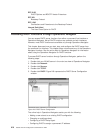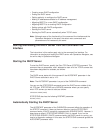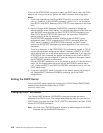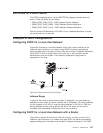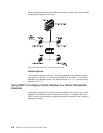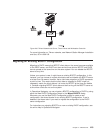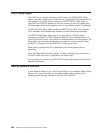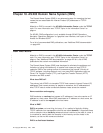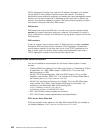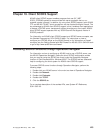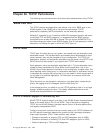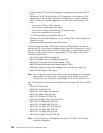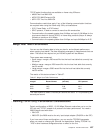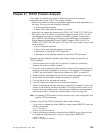
DNS is designed so that the host name and IP address information of a network
can be stored in many different locations around the network. This helps to
distribute the name resolution workload, and makes host name management easier.
Usually, only the host names and IP addresses of the hosts within a domain are
stored in that domain’s database. However, DNS servers have the ability to share
their domain information with other DNS servers.
DNS servers
DNS servers do most of the DNS work. It is their job to receive requests (called
queries) for network information, and return answers. If the answer to a query is
not in a DNS server’s domain, the DNS server has the ability to search out into the
DNS hierarchy.
DNS resolvers
If there is a server, there must be a client. In DNS, the client is called a resolver.
Sometimes DNS resolvers are built into each TCP/IP application. Sometimes a
central resolver does all of the client work for all of the TCP/IP applications on a
host. In either case, the resolver works invisibly and automatically each time a
TCP/IP application is used to communicate with another host.
Additional DNS documentation
You can find additional documentation for the Domain Name System in these
sources:
v
DNS and BIND third edition
by Paul Albitz and Cricket Liu. Published by O’Reilly
& Associates, Inc., 1998. ISBN number: 1-56592-512-2. This is the most
definitive source on DNS.
v
AS/400 TCP/IP Autoconfiguration: DNS and DHCP Support
. This is an IBM
Redbook, order number: SG24-5147. It is available on the World Wide Web at
the following site: http://www.redbooks.ibm.com/
v
AS/400 Tips and Tools for Securing Your AS/400
. This is an IBM White book,
order number: SC41-5300. It has important DNS security information. It is
available on the World Wide Web at the following URL:
http://as400bks.rochester.ibm.com/cgi-
bin/bookmgr/bookmgr.cmd/DOCNUM/SC41-5300
v RFC 1034
Domain names concepts and functions.
v RFC 1035
Domain names implementations and specifications.
RFCs on the World Wide Web
RFCs are posted in many places on the Web. DNS-related RFCs are available at
the following address: http://www.dns.net/dnsrd/docs/rfc.html
422 OS/400 TCP/IP Configuration and Reference V4R4
|
|



